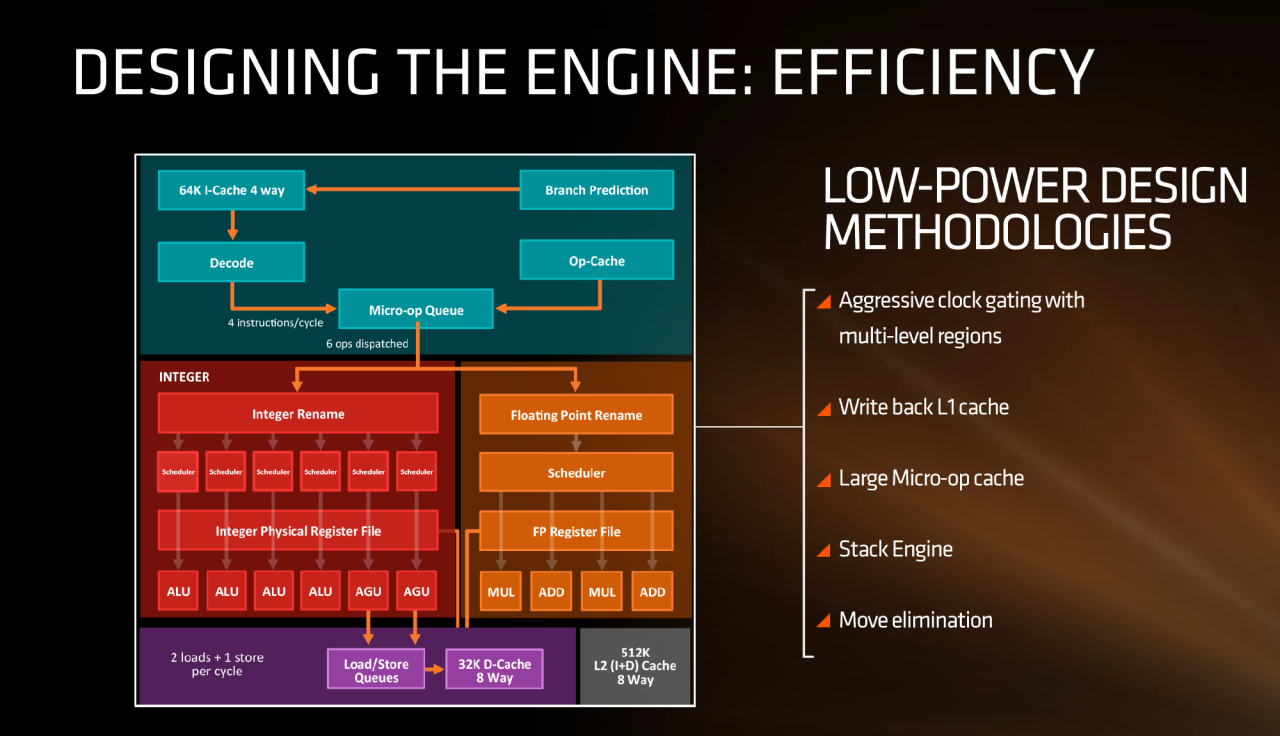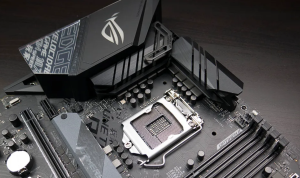How CPUs Work and What Makes Them Faster offers a fascinating glimpse into the intricate world of central processing units, the brains behind our computers. These vital components play a crucial role in executing instructions and processing data, making them essential to our digital experiences. Understanding the mechanics of CPUs not only enhances our appreciation of technology but also sheds light on the innovations that are driving their speed and efficiency.

From their historical evolution to the latest advancements in technology, CPUs are continually adapting to meet the demands of modern computing. This overview will explore the fundamental principles that govern their operation, the various factors that contribute to their performance, and the exciting future of CPU technology.
In today’s fast-paced world, the ability to manage time effectively has become a critical skill that significantly influences our personal and professional lives. Time management refers to the process of planning and exercising conscious control over the amount of time spent on specific activities. Good time management enables an individual to complete more in a shorter period of time, lowers stress, and leads to career success.
This article will delve into the importance of time management, providing insights into techniques that can enhance our productivity.
Why is Time Management Important?
The significance of time management cannot be overstated. It plays a crucial role in various aspects of life, from work performance to personal satisfaction. Here are some of the key reasons why mastering time management is essential:
- Increased Productivity: Efficient time management helps prioritize tasks, allowing individuals to focus on what truly matters. This leads to higher productivity levels and better quality of work.
- Reduced Stress: With a structured approach to managing time, individuals can avoid last-minute rushes and the associated stress. By planning ahead, you can ensure that deadlines are met without the frantic pressure of a looming due date.
- Improved Work-Life Balance: Effective time management allows people to allocate time for work and personal life, ensuring that neither is neglected. This balance is vital for overall well-being and happiness.
- Enhanced Opportunities: Being punctual and organized opens doors to new opportunities. Employers value employees who demonstrate good time management skills, often leading to promotions and career advancement.
Common Time Management Challenges
Despite its importance, many people struggle with managing their time effectively. Here are some common challenges:
- Procrastination: Delaying tasks can lead to a backlog of work and increased stress levels. Identifying the causes of procrastination is essential for overcoming it.
- Distractions: In our digital age, distractions are everywhere. Social media, notifications, and other interruptions can disrupt focus and waste valuable time.
- Poor Planning: A lack of organization can lead to inefficient use of time. Without a clear plan, individuals often find themselves scrambling to meet commitments.
Effective Time Management Techniques
Now that we’ve identified the reasons and challenges associated with time management, let’s explore some effective techniques to improve this essential skill:
1. Set Clear Goals
Establishing clear, achievable goals is the first step towards effective time management. Use the SMART criteria—Specific, Measurable, Achievable, Relevant, and Time-bound—to define your objectives. This clarity helps in prioritizing tasks and staying focused.
2. Prioritize Tasks
Not all tasks are created equal. Use tools like the Eisenhower Matrix to distinguish between urgent vs. important tasks. Prioritizing helps in determining which tasks need immediate attention and which can wait.
3. Create a Schedule, How CPUs Work and What Makes Them Faster
Utilize planners, calendars, or digital tools to create a daily or weekly schedule. Allocating specific time slots for each task keeps you organized and accountable. Don’t forget to include breaks and downtime for rejuvenation!
4. Limit Distractions
Identify what distracts you the most and take steps to minimize these interruptions. Whether it’s turning off notifications on your phone or designating a quiet workspace, creating a distraction-free environment can significantly enhance focus.
5. Use Time Management Tools
There are countless tools available—both digital and analog—that can assist in time management. Apps like Trello, Asana, or even simple timers can help keep you on track with your tasks.
6. Review and Reflect
At the end of each day or week, take time to review what you accomplished. Reflecting on what worked well and what didn’t can provide insights into how to improve your time management strategies in the future.
Conclusion: How CPUs Work And What Makes Them Faster
Time is a finite resource, and how we choose to use it can significantly impact our lives. Mastering time management is not just about being more productive; it’s about achieving a happier, more fulfilled life. By identifying challenges and implementing effective techniques, anyone can improve their time management skills. Remember, the goal isn’t to work harder but to work smarter.
Start managing your time effectively today, and watch as your life transforms for the better!





